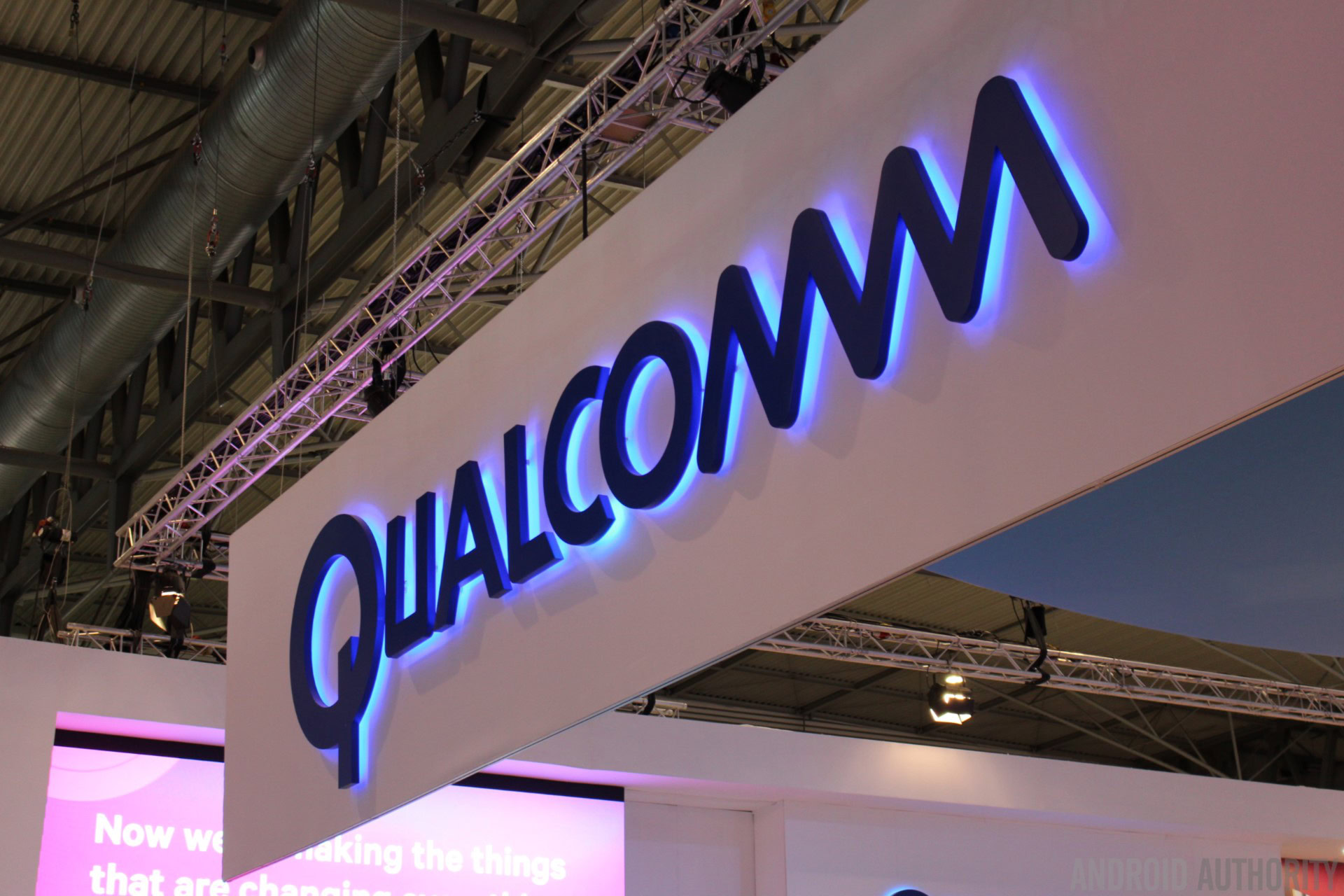Affiliate links on Android Authority may earn us a commission. Learn more.
Report: Qualcomm drops Samsung to work with TSMC at 7nm

According to a report from Korea, Qualcomm has chosen to work with TSMC instead of its current partner Samsung to produce its next-generation 7nm application processor. Qualcomm has reportedly been designing and developing a 7nm Snapdragon platform using tools distributed by TSMC since H2 2016. This report marks the second major partner loss for Samsung in recent months. Apple, a long running customer, has made the switch to TSMC for the A11 chip for the next iPhone.
Qualcomm has been making use of Samsung’s industry leading manufacturing processes for its most recent flagship mobile platforms. Last year’s Snapdragon 820 and 821 were built using Samsung’s 14nm technology, and this year’s Snapdragon 835 flagship uses the company’s cutting edge 10nm process. TSMC has been Qualcomm’s flagship chip partner in the past though, producing the company’s 810 and 808 flagship mobile SoCs in previous generations.
Based on our recent look at the major foundries and the race to the next generation 7nm node, it appears that TSMC is some way ahead of the competition, which includes Samsung and Globalfoundries. The company missed out on 10nm to invest more quickly in 7nm, and is expected to be able to meet meaningful 7nm production volumes before the end of 2018, making it ideal timing for 2019 smartphone launches that use a flagship chip from Qualcomm.

Samsung, by comparison, is looking to be a few months behind TSMC in terms of entering volume production, and combined with the use of newer Extreme Ultraviolet Lithography technology, there would be concerns that yields won’t be able to meet Qualcomm’s large demand by early 2018. We’ve already seen the impact that a slightly delayed Snapdragon 835 had on Qualcomm’s OEM partner announcements this year, and there will be extra pressure to ensure sufficient supply of chips going forward.
It’s also worth noting that ARM, which offers processor licenses to Qualcomm, has been working closely with TSMC to offer its partners expedited access to 7nm technology. Combined with the the company’s recently unveiled DynamIQ technology for next-generation application processors, there are a number of contributing factors that make TSMC the more appealing choice.

The news is clearly a major blow for Samsung, which had been depending more heavily on its semiconductor business lately to offset the ups and downs of the competitive smartphone market. According to market data, Samsung’s foundry business generated around $4.44 billion (5 trillion KRW) in sales last year, $1.78 billion (2 trillion KRW) or 40% of which came of Qualcomm’s application processors. Combined with the loss of Apple’s business, the division is certain to see its financial performance drop sharply in the coming years.
However, Samsung has been doubling down on on its system-on-a-chip business recently, moving around 200 employees from its consumer electronics division into its LSI business unit. It’s easy to see why, with the industry reaching a US$343.5 billion valuation last year, with memory and SoC sales accounting for 23% and 77% respectively. The company has also outlined its commitments for foundry processes all the way down to 4nm, along with improvements to existing 28 and 10nm technologies. Perhaps Samsung will be able to offset the loss of these major partners by taking up additional orders from mid-tier rather than cutting-edge products in the short term, before customers return when its EUV technology has matured.
For Qualcomm, TSMC, and us smartphone users, this news looks to ensure a decently supply of 7nm Snapdragons for flagship smartphones that will likely hit the market in early 2019, providing that TSMC remains on schedule.